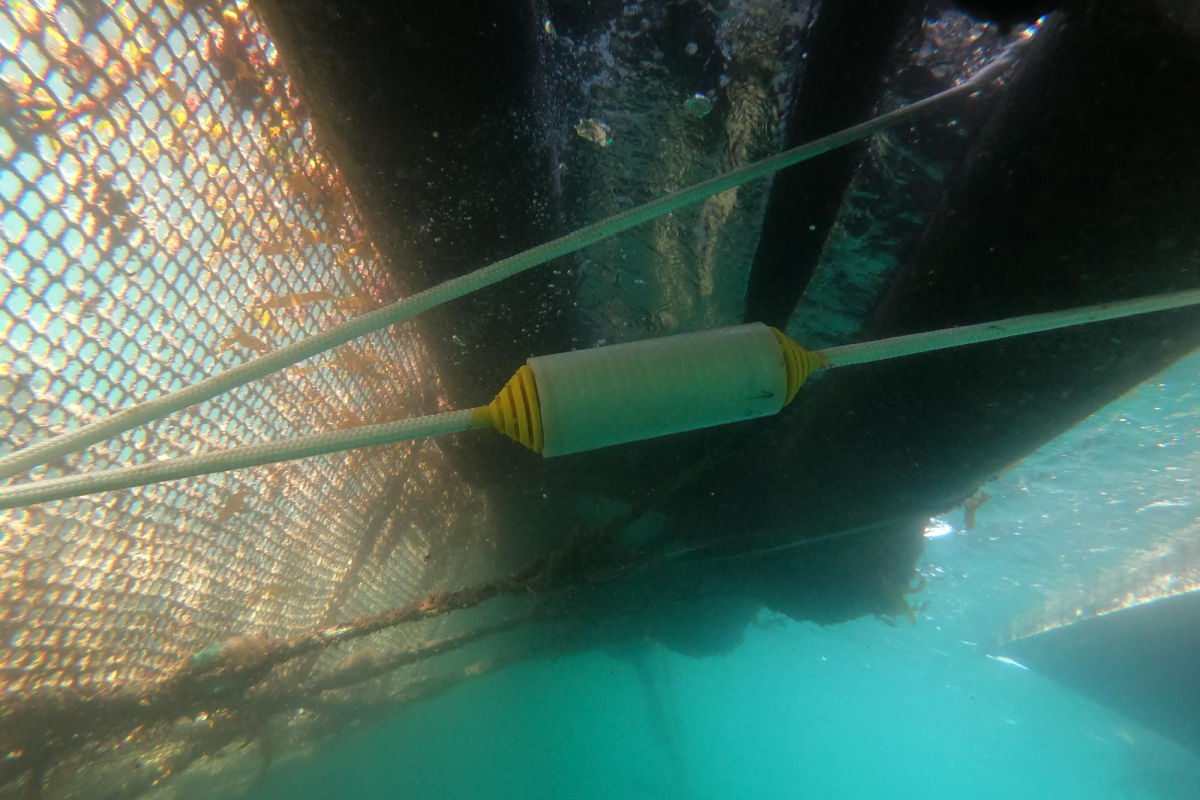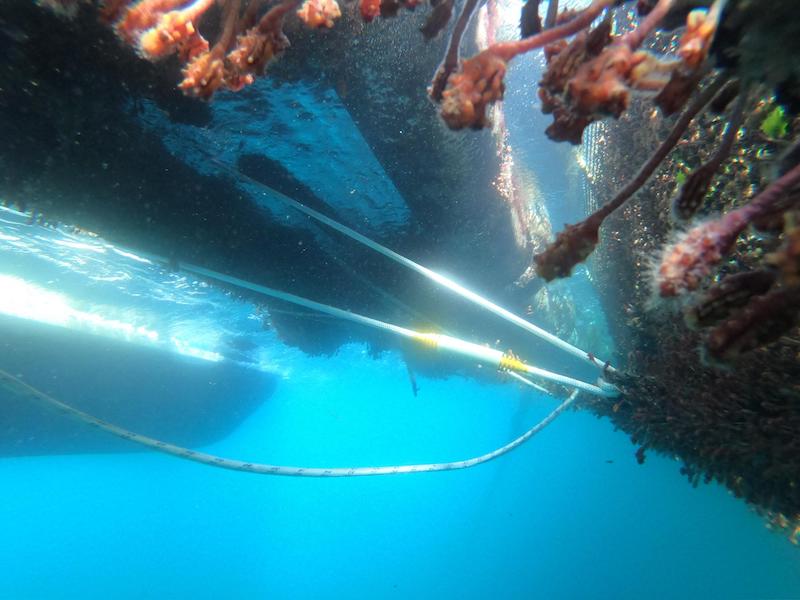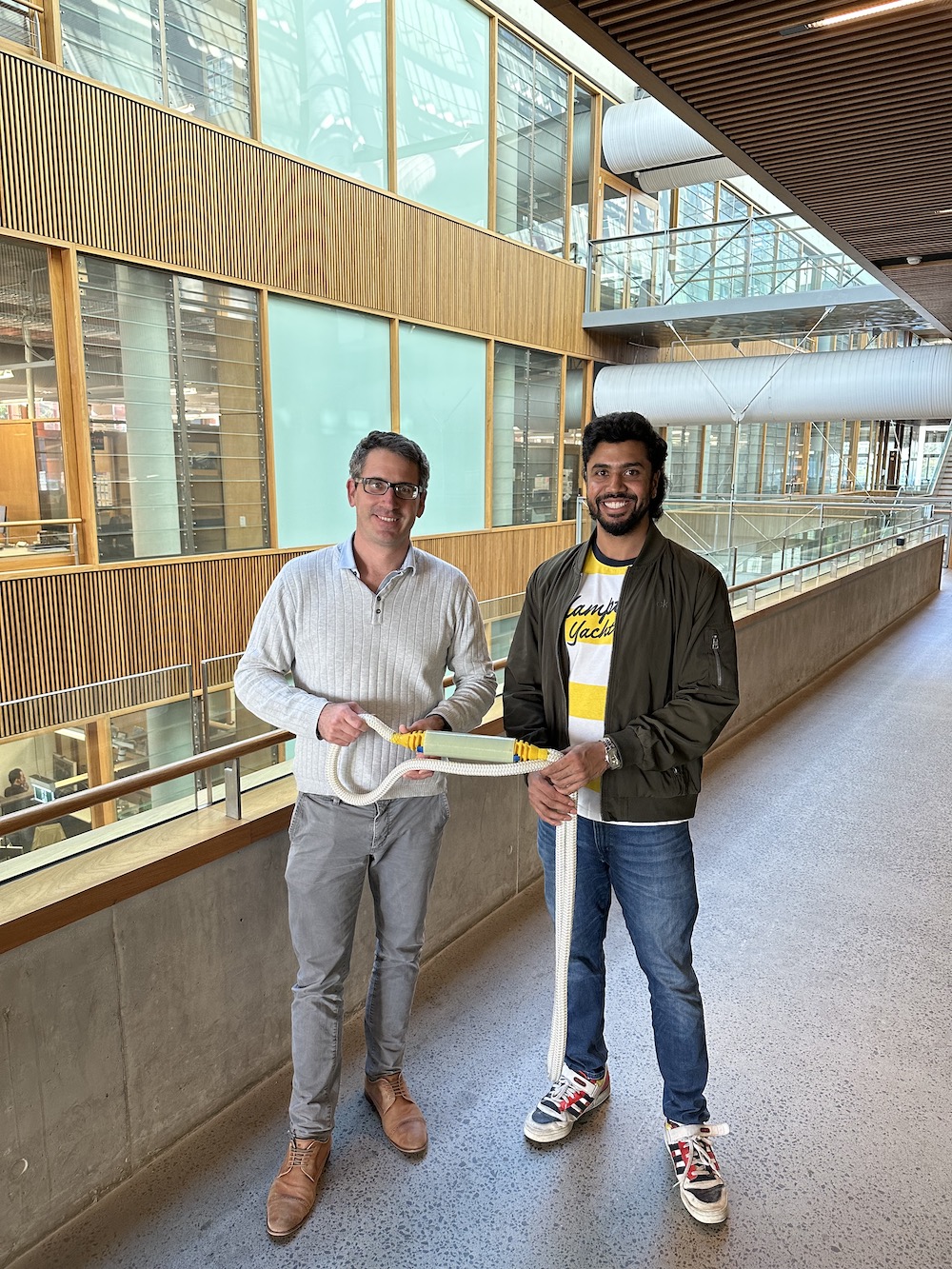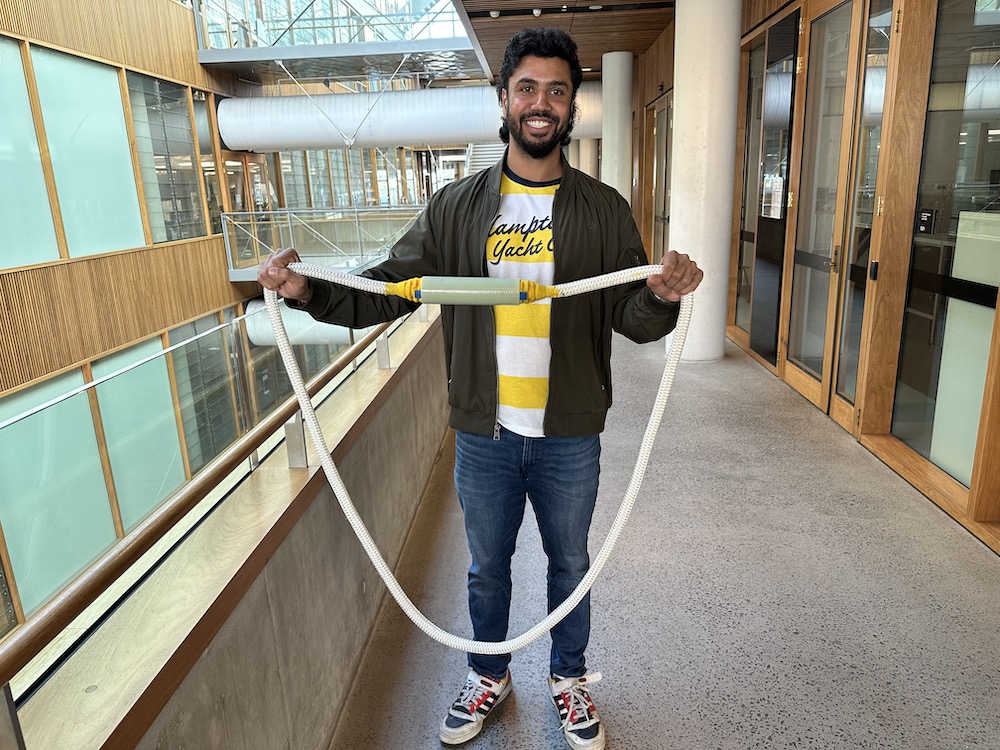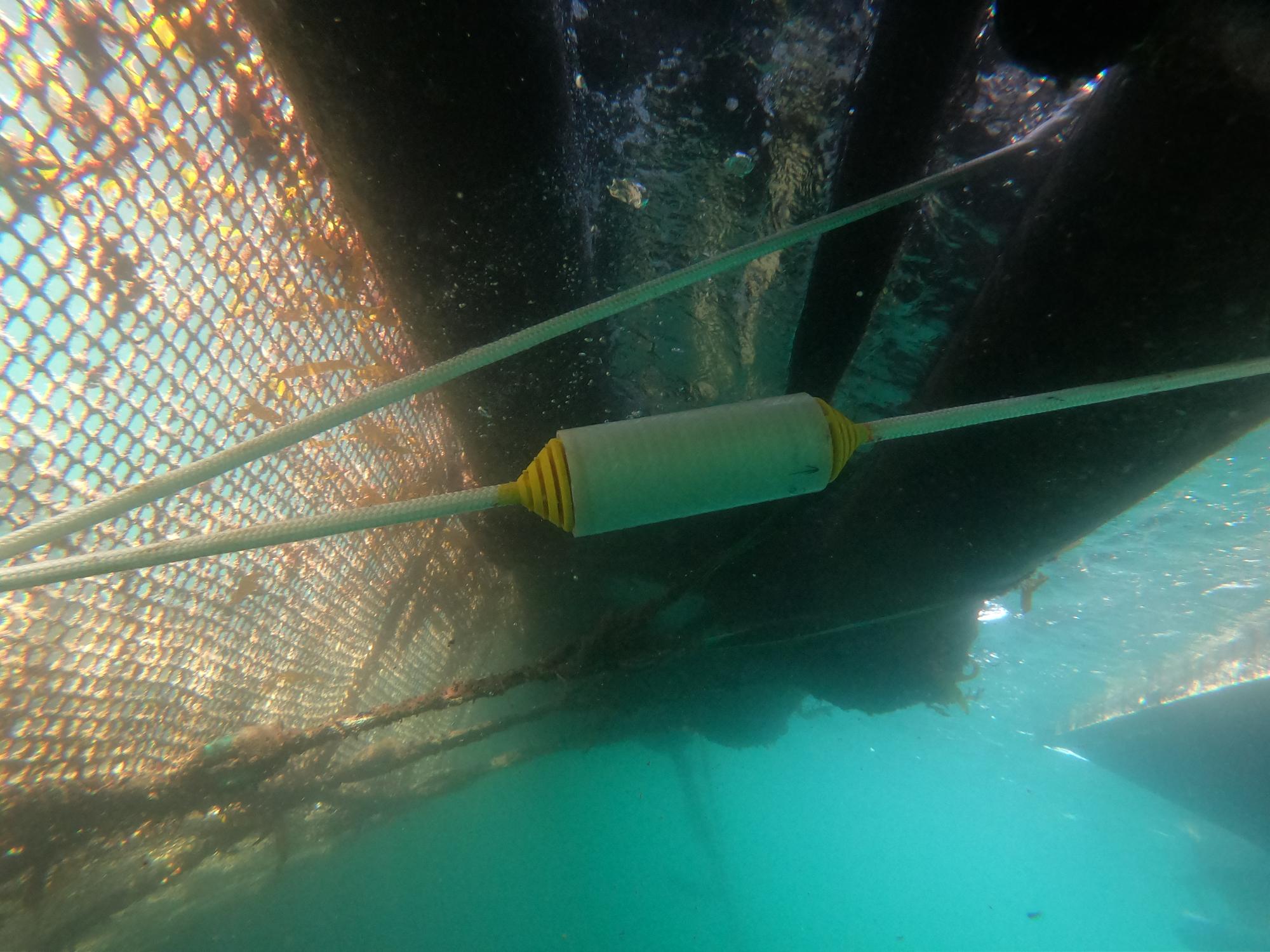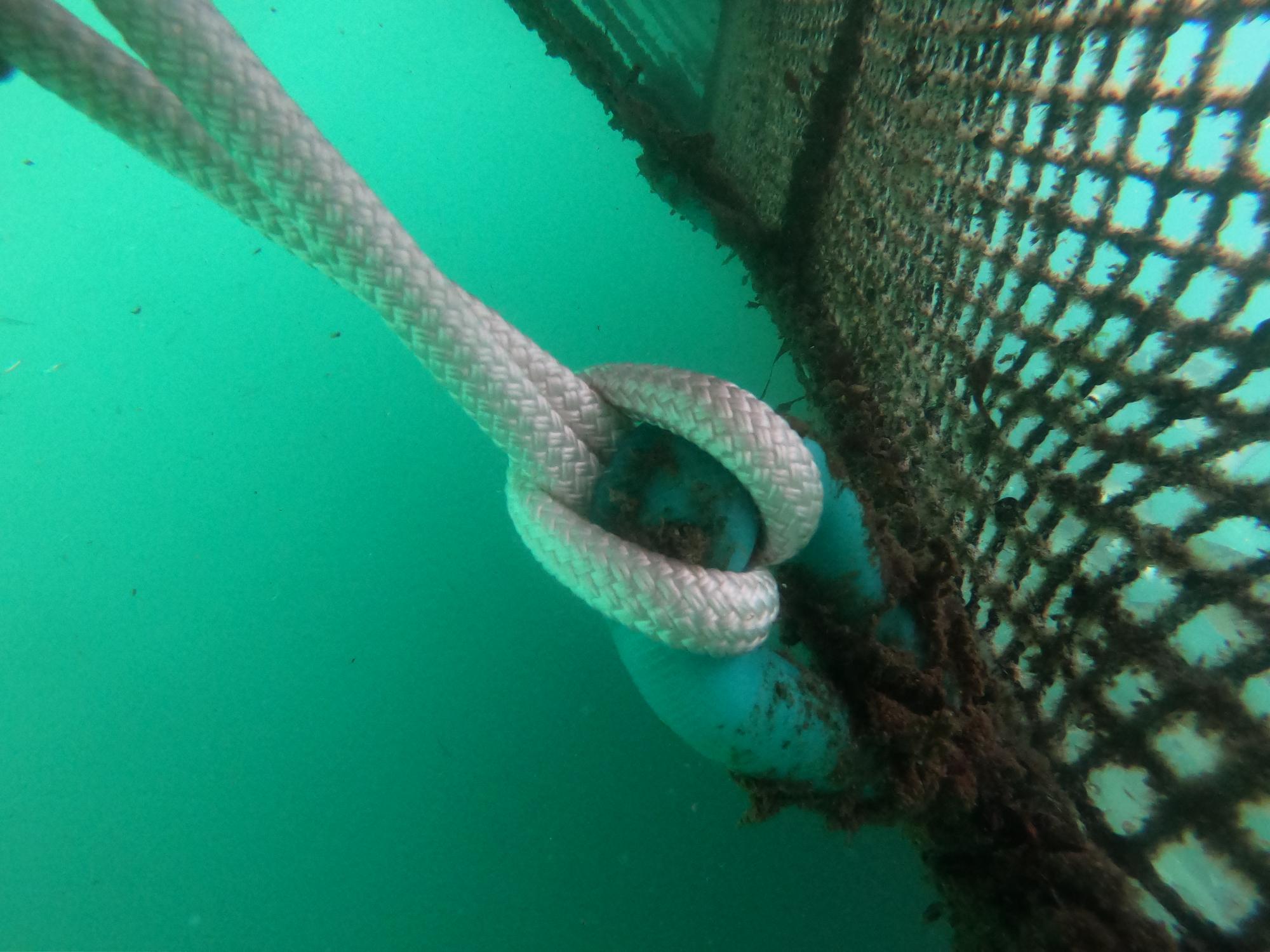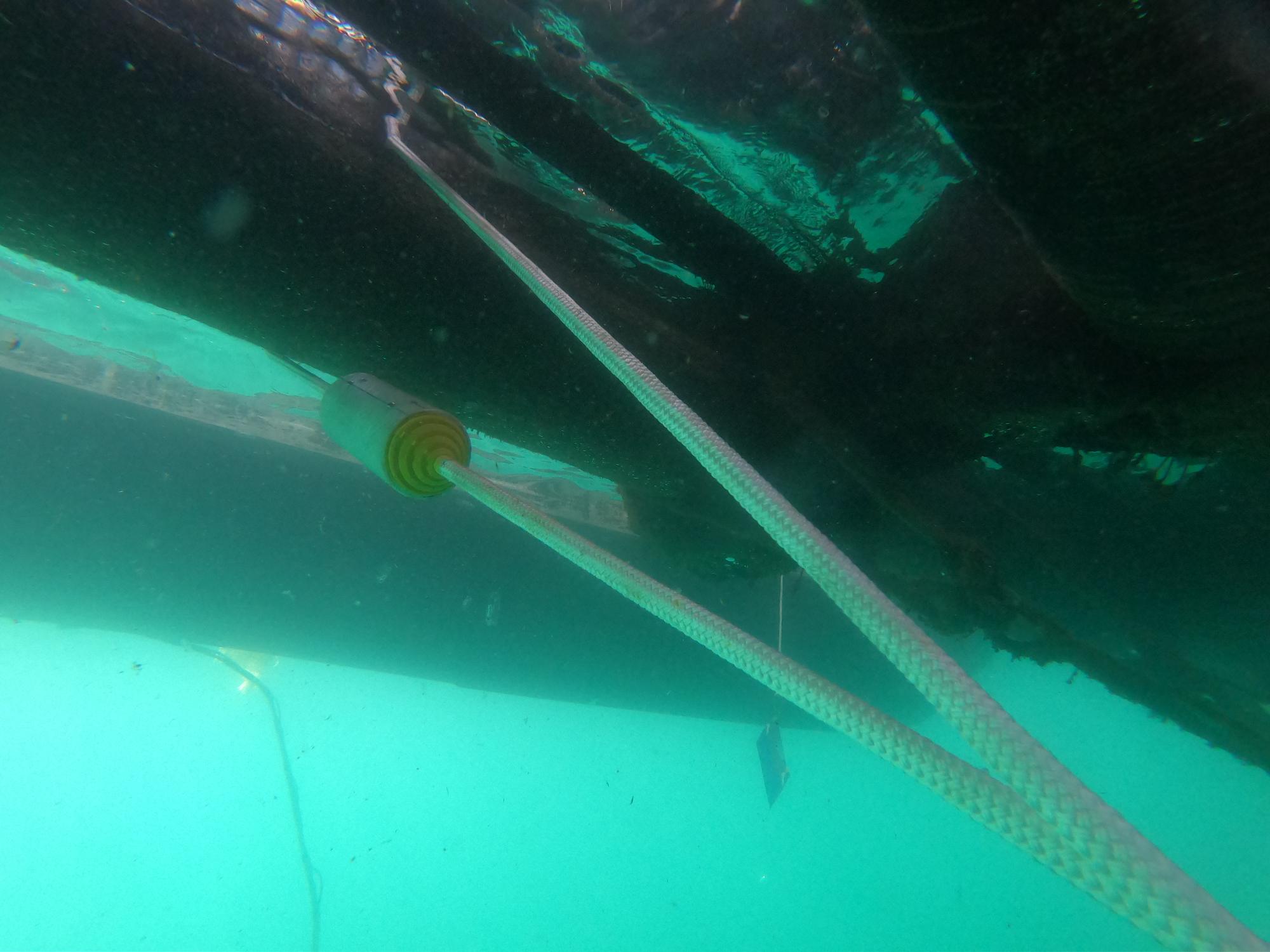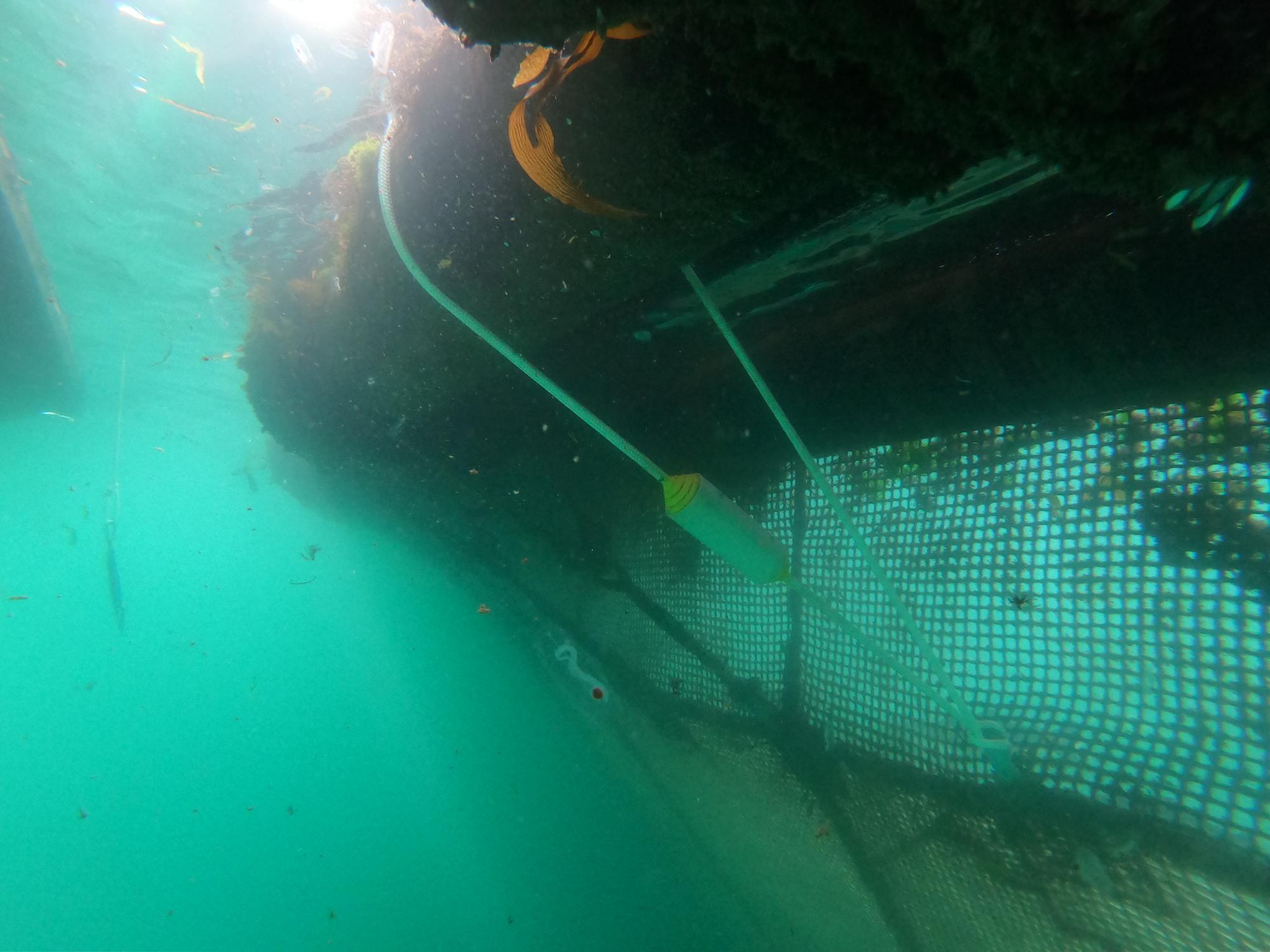Research Program
PROJECT LEADER
Dr Michael Heitzmann, The University of Queensland
PROJECT ID
1.20.006
BECRC PARTNERS
DURATION
36 months
PROJECT IN BRIEF
The mechanism for attaching fish farming nets to floating cages in the current inshore farming environment has been identified as a weak point of the structures in a high energy, offshore farming environment. This project will develop a new, robust methodology, and a marketable product for the CRC.
It will focus on the development of a collar tie replacement, undertaken alongside the collection of sensor data as it is expected that these attachment points will be identified as a weak link in existing systems. A prototype collar tie will be developed to eliminate issues with chafing and wear.
This prototype will be field-tested and refined to develop a commercially viable product ready for manufacture.
SEPTEMBER 2024 UPDATE
The collaborative Project 1.20.006, involving researchers from the University of Queensland, led by Michael Hetizmann, and engineers from Tassal Group, headed by Peter Heard, has been successfully completed with the submission of Akshay Krishna Ambika Harikumar’s PhD thesis.
Efforts to commercialise both the innovative collar-tie and the newly developed wear-resistant nano-clay material are now underway. This project serves as a prime example of how combining the scientific expertise of academic researchers with the practical experience of industry engineers can result in actionable solutions for the industry.
PROJECT PROGRESS UPDATES
July 2023 Update
The 3rd and final generation collar tie prototype is proving a success following 6 months of testing in offshore waters in the Tassal West of Wedge farm.
Three prototypes were installed in January 2023 with positive results which will in turn lead to reduced breakages, fewer failures and overall reduced maintenance on-site and repair costs.
The next stage will involve further research into additional applications of the collar tie in marine environments and the commercialisation capacity of the final generation prototype.

